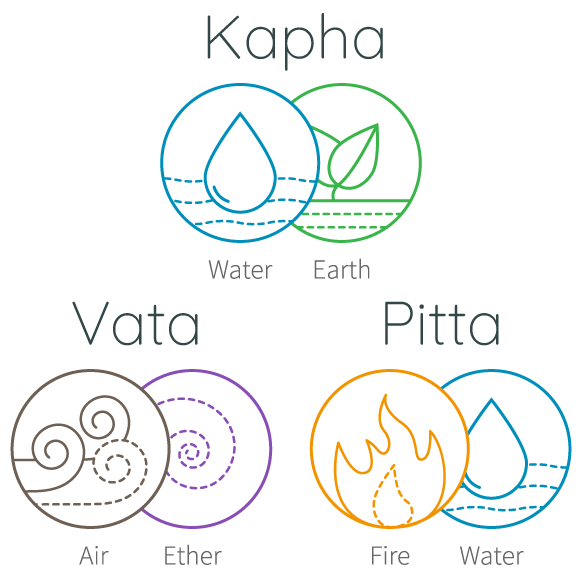Learn About Ayurveda
The Science of Daily Living
Etymologically speaking, the Sanskrit term Ayurveda is composed of Ayur which means life, and Veda which means knowledge/science. This makes Ayurveda the science of life.
Ayurveda is a medical science and its purpose is to heal and to maintain the quality and longevity of life. It is an art of daily living that has evolved from practical, philosophical and spiritual illumination, rooted in an understanding of creation. It offers a profound understanding of each person's unique body, mind and consciousness, which is the foundation of health and happiness.
The principles of many natural healing systems have their roots in Ayurveda, including Homeopathy, Herbal medicine, Chinese medicine, Naturopathy and Polarity Therapy.
Book your consultation at the Ayur-Vaidya Ayurvedic clinic in London now.
Book Your Initial
Consultation Today


Curious how Ayurveda differs from your GP's toolkit?
Our FAQs give a down-to-earth, science-meets-tradition answer—plus how my lab years shape every plan.
Integral to Ayurveda are the the five elements or panchmaha bhutas. These are molecules composed of atoms or basic substances, and are the building blocks of all things, including humans. Each element has their own distinct attributes and qualities, and it is important for each one to be in balance, if good health is to be achieved.

Ether, which is the first expression of consciousness, and the basic need of the body cells. In the development of matter, Ether comes first.

This same consciousness, when it moves in a particular direction, becomes Air. Air is called vayu. Air is the principle of movement necessary for keeping the body in constant motion and manifests as electrical energy.

Where there is movement there is friction and where there if friction there is fire. So, the next manifestation of awareness is Fire. Fire is called agni.

The next element is Water, apas, which is associated with chemical energy. Water is a universal chemical solvent and biochemical functions are governed by it. Water is necessary in the human body for assimilation and for maintaining electrolyte balance.

The solid, dense and hard element is Earth, pruthivi, the firm ground for global life. Pruthivi cradles and holds all livings creatures of the planet, giving them food and shelter. All solid structures, hard, firm and compact tissues are derived from the earth element (e.g. bones, cartilage, nails, hair, teeth and skin). Earth is associated with mechanical energy.
The five elements normally support life and maintain harmony in the world but, when they are out of balance, they cause discomfort and can threaten life. If you feel that the elements in your life are out of balance, then please book a consultation at the Ayur-Vaidya Ayurvedic clinic in London.

According to Ayurveda, the human body is composed of three fundamental categories Doshas, Dhatus and Malas.
Ayurveda groups the five elements into three basic types of energy or functional principles that are present in everybody and everything. There is no single word in English to describe these principles, so I use the original Sanskrit word vata, pitta, kapha – the three of which are called the three doshas or tridosha. Dosha literally means fault, impurity.
However, that definition is not adequate in this context. Dosha is a specific word used by ancient scholars. As long as the doshas are normal in quality and quantity, they maintain a harmonious psychophysiology. The moment they go out of balance, they corrupt or pollute or vitiate the dhatus (bodily tissues) and they become dosha (here meaning impurity).
Therefore, dosha is that which becomes vitiated and then affects the bodily tissues, leading to disease. But in a healthy way, dosha means three principles that govern psychophysiological response and pathological changes. The doshas - vata, pitta, kapha - bind the five elements into living flesh. The concept of support is a natural function of these principles of psychology, we call vata, pitta, kapha. They are the agents of DNA which form the blueprint for the physiology.
Every dosha is composed of all five elements. However, two elements are predominant in each.
Vata – In the body, vata, principally composed of Ether and Air, is subtle energy associated with movement. It governs breathing, blinking, muscle and tissue movement, the pulsation of the heart and all the movements in the cytoplasm and cell membranes. In balance, vata promotes creativity and flexibility. Out of balance, vata produces fear, anxiety and abnormal movements.
Pitta – Principally made up of Fire and Water, pitta expressed itself as the body's metabolic system. It governs digestion, absorption, assimilation, nutrition, metabolism, body temperature – all transformations. In balance, pitta promotes understanding and intelligence. Out of balance, pitta arouses anger, hatred, jealousy and inflammation disorder
Kapha – Is principally a combination of Earth and Water, and is the energy that forms the body's structure and provides the glue or cohesion that holds the cells together. Kapha supplies the water for all bodily parts and systems. It lubricates joints, moisturise the skin and maintains immunity. In balance kapha is expressed as love, calmness and forgiveness. Out of balance, it leads to attachment, greed, possessiveness and congestive disorders.

Please get in touch to arrange your free 15 minute consultation at the Ayur-Vaidya Ayurvedic clinic in London, and find out how Ayurveda can energise your body and stimulate your mind.
Think Ayurveda's only for the unwell?
See how it also lifts energy, mood and sleep in our easy-read FAQ page.